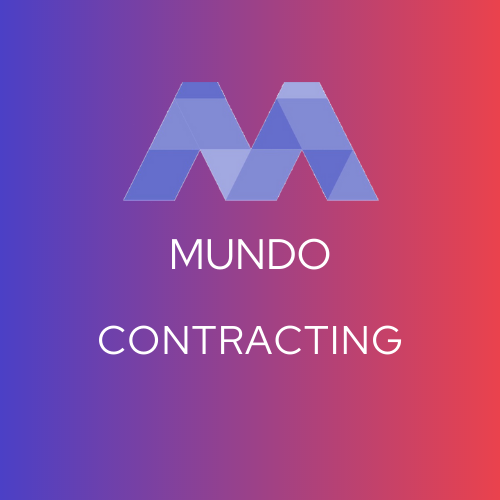Project management has been around since the 1950s, but some form of it has been around since early civilization. I mention this fact because, even though it’s existed for almost 70 years, there is still an uncertainty of what a project manager does. My hope is that by the end of this quick read, you have a better understanding of the value a PM can bring to your organization or team. This is all from my perspective of being a PM for the last 11 years.
Organization
Some people are naturally more organized than others and they thrive in that space. I have found that most PMs are built for structure. The combination of being organized with all aspects of life and excelling in structure can make for a great PM. I say can because I believe there should be some harmony with the structure and ability to adapt or be flexible. In any event, bringing organization to chaos is an area a good PM can bring value to.
Communication
In my experience, communication is critical and can certainly break the flow of anything good. With many projects, you have a varied audience that process the same information in different ways. Some prefer graphs or charts, some prefer a novel of information, and some need a balance of both. To go along with the content, you must also consider the amount of data you are providing to the particular audience. The other critical piece of communication is ensuring that everyone is on the same page. This means everyone is aware of status of a project, the change impacts, the agreed upon goal(s), the risks & issues, etc. There is certainly an art to finessing your communication to the range of audience, and typically, a good PM is well versed in doing this effectively.
Relationship management
When I think back to successful and not-so successful projects, I can attribute both to the relationships that were established between the stakeholders, the project team, vendors, and other supporting teams. The successful projects had it’s struggles, but the teamwork was strong and prevailed through them. We supported each other and our decisions. Nobody was quick to point a finger when things went sideways. Collaboration and problem solving would kick in gear during those times. I believe you develop this kind of team by leading with a smooth balance of confidence and humility. A good PM will provide the clear direction the team is yearning for and will never ask the team to do more than he/she is willing to do him/herself.
Confident yet humble leadership
I mentioned this above, because it has served me well in my experience. I think this is a critical soft skill that a good PM will possess. This person will naturally establish relationships and be trusted by their peers and leadership. They develop a willingness to always learn and be better. The value in having the strong relationship and trust is that it allows a person to be comfortable with providing direction and with pivoting when its necessary for the success of a project. The projects I have been involved with have had brilliant people on the team, they just weren’t comfortable with leading.
There are other benefits a PM can bring to your organization, but the one thing that sums all of this up, is that he/she has the desire to be a leader for projects. You probably didn’t hire your engineers, architects and other technical team members to be project managers because that is not where they excel. Asking them to play that role could not only be detrimental to the project, but also to his/her morale, costing you a valued employee.


